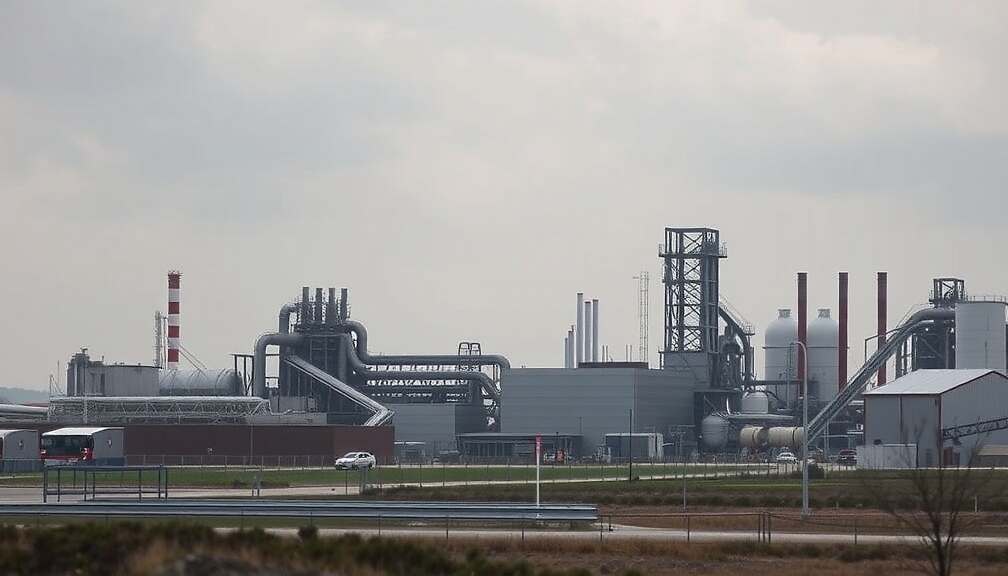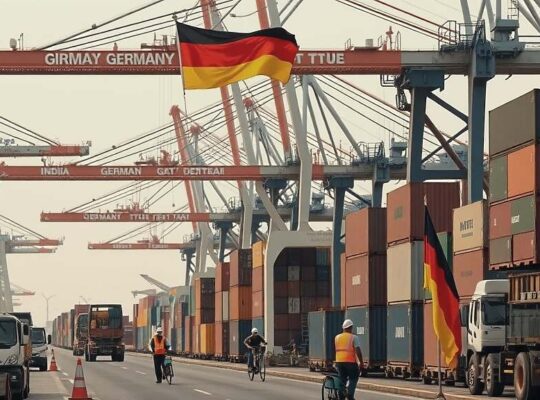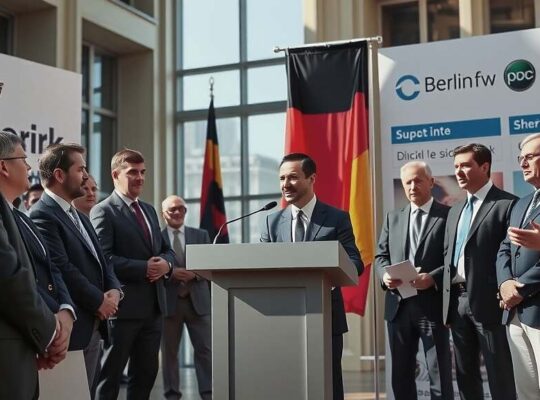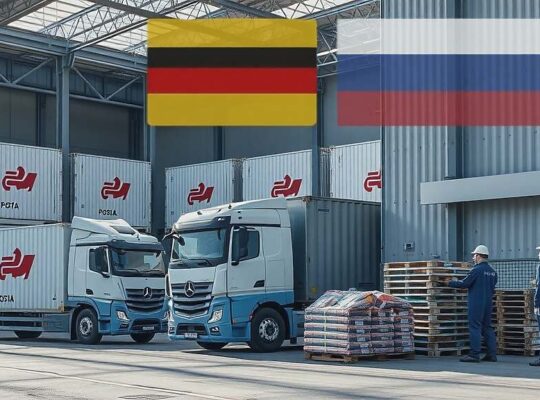A significant exodus of production is underway within Germany’s energy-intensive industries, raising critical questions about the nation’s industrial competitiveness and long-term economic stability. A new survey conducted by management consultancy Simon Kucher, detailed in the German business daily “Handelsblatt”, reveals a concerning trend: 31% of high-ranking managers across the base chemicals, steel, glass and cement sectors are actively relocating production to other continents. A further 42% are choosing to invest abroad or deferring planned investments within Germany.
The findings underscore a deepening crisis for German industry, traditionally a cornerstone of the national economy. Christof Günther, Managing Director of industrial park operator Infraleuna, painted a stark picture, telling “Handelsblatt” that many companies have been operating below capacity for years and are now seeing “no perspective” for improvement. He emphasized the escalating loss of industrial value creation within Germany, claiming a “mass and irreversible” outflow occurring weekly.
Legal expert Yvonne Hanke, a partner at Ritter Gent advising energy-intensive firms, corroborates the trend, noting a shift beyond mere consideration of relocation. “It’s normal for companies to model investment shifts, but we are now witnessing, more concretely than ever before, firms actively choosing to invest in locations such as China, India and the United States.
The survey’s results fuel a broader political debate centered on Germany’s energy policy and its impact on industrial viability. Critics argue that high energy costs, exacerbated by the country’s rapid transition to renewable energy sources without sufficient accompanying infrastructure, have rendered German industry uncompetitive on the global stage. While government officials insist on the long-term benefits of the energy transition, the immediate consequences for jobs and economic growth are becoming increasingly visible.
The decision by numerous firms to pursue investment in alternative locations signifies not merely a tactical relocation but a potential structural shift in the global manufacturing landscape, raising questions about Germany’s future role as a leading industrial power and demanding a serious, multifaceted response from policymakers to reverse the accelerating decline.












